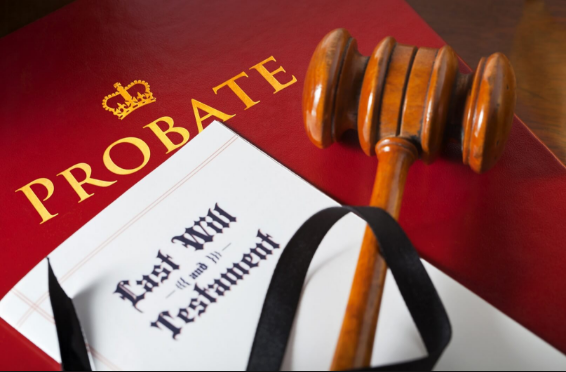Types of Probate Bonds That You Need to Know About

What Is A Probate Bond?
There is no actual difference between fiduciary bond, estate bond, executor bond, and probate bond. The will executor purchases probate bond to fulfill the wishes of the deceased in an honest and ethical manner. This is also applicable to those who take care of someone who is incapable of maintaining his or her own assets.
Before purchasing a probate bond, the buyer must go through a credit check along with other screening procedures.
Probate courts often ask for executors, trustees, and administrators to buy probate bonds to guarantee that there will be no anomalies when it comes to discharging their due duties. The purchasers have a fiduciary duty to remain competent and honest to the instrument. This is exactly why a probate bond also goes by the name fiduciary bonds. A decedent can exercise his power to waive any bond requirements, and the court will continue waiving the requirements as long as the state law permits.
Below we discuss 3 types of probate bonds necessary to get the court’s ruling to administer the trust or estate:
Guardianship Probate Bonds
If the decedent leaves behind minor (s) with a custody not contested, or if the other spouse is also deceased, then a guardian will be appointed through the case referred to the court. Often, the decedent tends to appoint a guardian beforehand; however, the court has to appoint one when the will is invalid.
Guardians must acquire and post a guardianship bond, in order to be eligible. Such a bond binds the guardian or custodian to give a valid and accurate accounting of the estate that the minor inherits. The guardian will have to be faithful regarding decision making on behalf of the minor, too.
In case of mentally disabled adults, guardianship bonds are also applicable.
Executor Probate Bonds
The management of the affairs of the trust depends on an executor. Their duty is making sure that the estate is properly disposed of in accordance with the court’s direction. Distributing properties to heirs and beneficiaries, paying estate and probate taxes, and Paying off debts are some other duties of the executor. He or she may not need to buy a bond in the first place if there’s an existing will; often people tend to waive the requirements when writing a will. However, if a bond is still necessary, an executor bond is suitable. The bond stresses that the executor will faithfully discharge his or her duties following the directions of the court.
Testamentary Trustee Bonds
Some wills come with the provisions to create a trust when the owner dies. A trustee bears the responsibilities to look after the well-being and handle financial affairs on behalf of the beneficiaries. For instance, a trustee can decide to sell a property and, therefore, distribute the yielding among the beneficiaries.
A testamentary trustee bond ensures that the trustee will play his due role when it comes to preserving the assets of the estate, upholding the trust agreement, and distributing assets properly.
Probate bonds are purchasable from regular insurance carriers. There are many companies which specialize in the dealing of such surety bonds. Unless the bond requirements are waivered, probate bonds could be quite expensive. Often the trust or estate bears the relevant expenses.